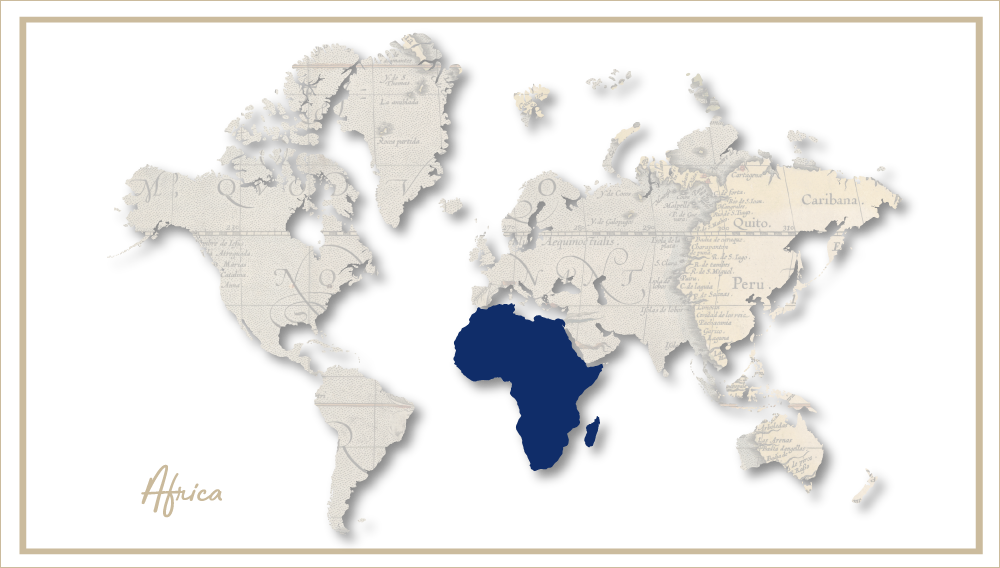Cassava beer – just a PR coup?
In June, SABMiller hope to launch a commercial trial in Angola of a new formulation of its N’Gola brand - one that replaces maize with cassava, a locally grown root vegetable. SAB plans to use cassava – a rich form of starch – to brew a pilsener style lager using 60 percent barley and 40 percent cassava, it was reported.
The company’s first move into cassava-based beer will be made from its brewery in Luanda, on the coast of Angola. The brewery produces 500,000 hl beer annually and should SABMiller succeed in phasing out maize, they will need 5,000 to 8,000 farmers locally to grow cassava, all of whom will be based within 30 km of the brewery.
SABMiller’s plan is to sell cassava-based N’Gola at half the price of standard lager.
By re-launching N’Gola, SABMiller plan to take market share away from locally produced spirits. SABMiller have conducted research into nine of the 14 African countries where they have operations and believe that the informal market is responsible for about 40 million hl of moonshine a year with a value in excess of USD 3 billion. For comparison: Africa’s total beer production was 85 million hl in 2007 according to the Barth Report.
The use of different types of crops to make beer is far from a radical new idea. Sorghum has been used most widely. In Nigeria one third of all beer is brewed using the grain. SABMiller’s sorghum-based Eagle brand sells for about 85 percent of the price of standard lager in Uganda.
In neighbouring Kenya, Diageo/Guinness have secured themselves a tax break to market its ultra-cheap barley-based Senator Keg brand.
Despite the optimism, the cassava project does not come without its challenges.
While cassava provides a cheap alternative form of starch, is grown all year round and can be left in the ground where it will keep until needed, it has its drawbacks.
The biggest is that once harvested cassava perishes within three days.
So to rely on continuous cassava supply given Angola’s infrastructural problems means taking on a huge risk. In effect, the brewer will be forced to continue to import barley and maize to make up any shortfall in local supplies.
Then what is the point of brewing with cassava?

